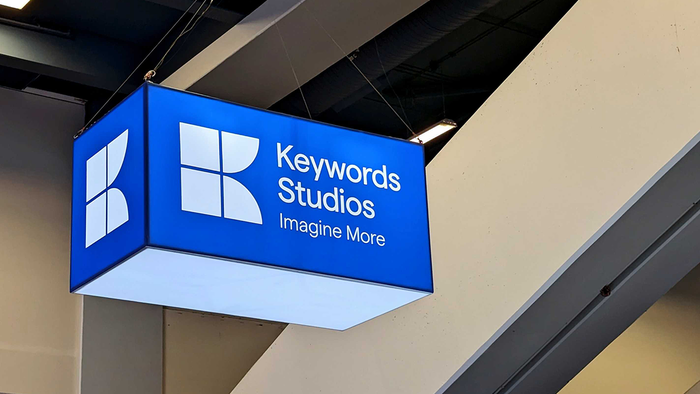Impatient Analysts Urge 'More Aggressive' Restructuring At EA
As Electronic Arts warns that underperforming titles will cause it to miss its numbers for the year, analysts weigh in on how "patience and confidence has eroded" on the company's long-term strategy, calling for "more aggressive restructuring."

Game industry analysts have lowered their estimates for Electronic Arts' fiscal year, after the publisher itself warned yesterday that, due to underperforming sales in its holiday portfolio, it wouldn't make its promised numbers. "After 20 months of believing that the EA turnaround was just around the corner, our patience and confidence has eroded," says Wedbush Morgan analyst Michael Pachter, who lowered his rating for the company from "Strong Buy" to "Buy". "With the stock hovering near a seven-year low, management continued its recent history of disappointment." "Just when investors began to believe that things couldn’t get worse, they did, and we believe that investors remain skeptical that management is on the right track." EA's Plans: Analysts React EA plans to address its slump by reducing research and development in 2009, eliminating titles from its lienup to put more investment behind key portfolio titles with "hit potential." It will also concentrate its efforts behind building alternate, more sustainable revenue streams through an increased focus on online gaming. Finally, EA plans to reduce staff and consolidate some of its businesses, as it recently did with its Casual label. EA CEO John Riccitiello has lately stressed the merit in sacrificing short-term profitability for long-term rewards. But Pachter suggests investors' patience with EA's turnaround strategies is waning. "We think that investors have tired of the promise of a turnaround without the commensurate commitment," he says. "We are no longer confident that EA is taking the steps necessary to achieve its [fiscal 2011] goals of $6 billion in revenue and $1.5 billion in operating profit." Lazard Capital Markets analyst Colin Sebastian also seems to agree that EA needs to push its strategy further. "Time will tell whether these steps will effect better market performance, but we believe more aggressive restructuring is appropriate given that EA has yet to demonstrate meaningful franchise growth or operating efficiencies midway through the current console cycle," he says. Evaluating The Reasons On a call to investors yesterday, Riccitiello said that while it's raised its quality bar -- citing 17 titles with Metacritic scores over 80 as evidence -- the company hasn't seen quality boosts translate into sales increases. He also said that smaller inventories at retail and a consumer cautious in the economic climate play a role. Lazard's Sebastian previously lowered his estimates for EA just a day prior to the company's own earnings preview warning, and lowered them again today, although he is more willing to attribute EA's difficulties to the broader economic climate, and noted that the company still has a "healthy cash balance" to insulate itself against too much damage. "Not only do we expect fewer retail reorders and catalog product sales, we also believe retail price protection is likely on several franchises," Sebastian says. "While we continue to believe that industry sales remain fairly steady, the weaker consumer is contributing to growing disparity in product performance." Like Sebastian, Cowen Group's Doug Creutz maintains a neutral rating on EA, though Creutz thinks the sales misses are due to quality issues. "Much of the miss appears to be driven by poor sales of Mirror's Edge and Need for Speed, both of which met with tepid critical reviews," Creutz suggests. "Need for Speed: Undercover earned an average Metacritic score of 62 for the Xbox 360 and PS3 SKUs, while Mirror's Edge earned an average score of 79." Faith In The Industry Although major companies in a given industry are often viewed by investors as bellwethers for the overall sector, Creutz also says EA's current problems don't indicate that the games industry is weak. "Data points for AAA hit games and hardware systems continue to indicate a fairly robust sales environment this holiday," he says. "While EA is clearly facing challenges delivering new franchises and maintaining the quality of aging franchises, we think yesterday's pre-announcement does not indicate weakness for the category as a whole." Pachter remains the harshest critic of the company among his colleagues. "We aren’t waiting for management to tell us what will happen, and we are no longer willing to extend the company the benefit of the doubt," the analyst concludes. "In fact, we are beginning to question management’s commitment to achieving these goals, and we think that prudent investors will take anything that EA says or does with a grain of salt. As such, we think it is important to focus on the present and the foreseeable future."
Read more about:
2008About the Author(s)
You May Also Like













